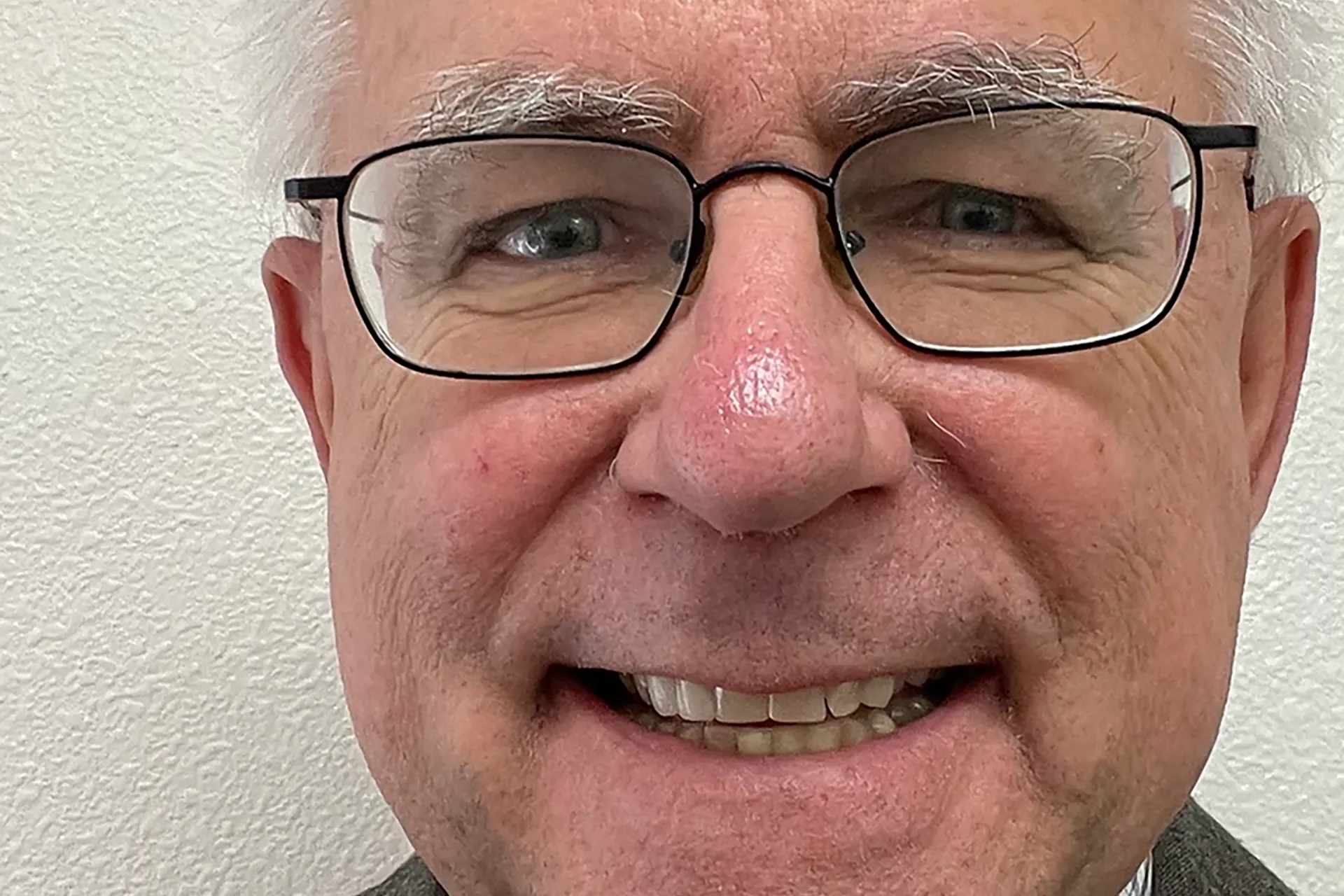Many people in our behavioral health system have co-occurring substance abuse and psychiatric disorders. This presentation covers statistics on prevalence, a theoretical model (the Four Quadrant Model) for classifying and approaching treatment, and the stages of change as a way of being able to keep patients in treatment. This lecture also discusses moving from theory to practice in talking about interventions and resources and how we use them to address these patients and their needs.
Course Objectives
At the conclusion of this course, participants will be able to:
- Describe the Four Quadrant model and how to classify and approach treatment for this population.
- Recognize the stages of change model and how it can be used to keep patients in this population in treatment.
- Explain how theory moves into practice by describing interventions and resources often used with this population.
Instructional Level
This CE program is free to Kaiser Permanente employees.
Instructional Methodology
Lecture
Audio/Visual
On-line Presentation
Continuing Education Information
Kaiser Permanente Northern California Mental Health Training Program is approved by the California Psychological Association to provide continuing professional education for psychologists. The Kaiser Permanente Northern California Mental Health Training Program maintains responsibility for this program and its content.
Refund and Attendance Policy
All programs offered on KP Learn for CE credit through the KP Northern California Mental Health Training website are free of charge to Kaiser Permanente Staff and trainees. Once a course is selected in the KP NCAL MH Training Website, the registration process begins, and it will appear in the individuals KP Learn profile for completion within 90 days.
IMPORTANT NOTICE: Those who attend the program in full and complete the appropriate evaluation form will receive CE credits. Please note that credit will only be granted to those who attend the entire program. An attestation of attendance will be given once the individual has completed viewing the program, which will then initiate the final steps of completing the evaluation forms to receive a certificate of completion.

